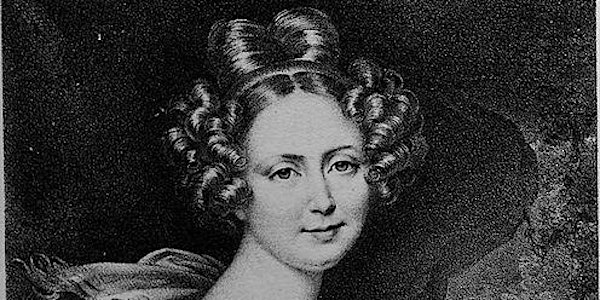
Gender, Sex and International Society at the Congress of Vienna, 1815
Date and time
Location
Description
IAS Gender and Feminism Network Seminar
Speaker: Glenda Sluga (University of Sydney, Australia)
In collaboration with the IHR Re-thinking Modern Europe seminar
The Congress of Vienna, which ran from September 1814 to June 1815 and was to settle the terms of a post-Napoleonic world order, lies at the heart of an historical narrative of the modern transformation of European politics, setting new thresholds of international political cooperation and coordination in the interests of peace. Yet, while there is a long tradition of Congress historiography, historians are only now beginning to investigate the implications of the Austrian historian Hilde Spiel's (mid-20th century) description of a setting in which the ‘statesmen and politicians, assembled solely and exclusively to deal with matters of commonweal interest’, laboring ‘extensively and decisively under the influence of women’. In this paper, Professor Sluga argues that by reconnecting two intrinsically gendered versions of Congress history — the masculine political narrative and the feminine 'dancing congress’ — we can recover the international dimensions of the radical structural shifts in modern European history at that time, including the alignment of new political values with cultural (and class) hierarchies of difference within Europe and the gendered separation of spheres.
Professor Glenda Sluga is Professor of International History and Australian Research Council Kathleen Fitzpatrick Laureate Fellow at the University of Sydney. She has published widely on the cultural history of international relations, internationalism, the history of European nationalisms, sovereignty, identity, immigration and gender history. In 2013, she was awarded a five-year Australian Research Council Laureate Fellowship for the project ‘Inventing the International - the origins of globalisation.’ Her most recent book is Internationalism in the Age of Nationalism (University of Pennsylvania Press, 2013) and, with Carolyn James, Women, Diplomacy, and International Politics (Routledge, 2015).